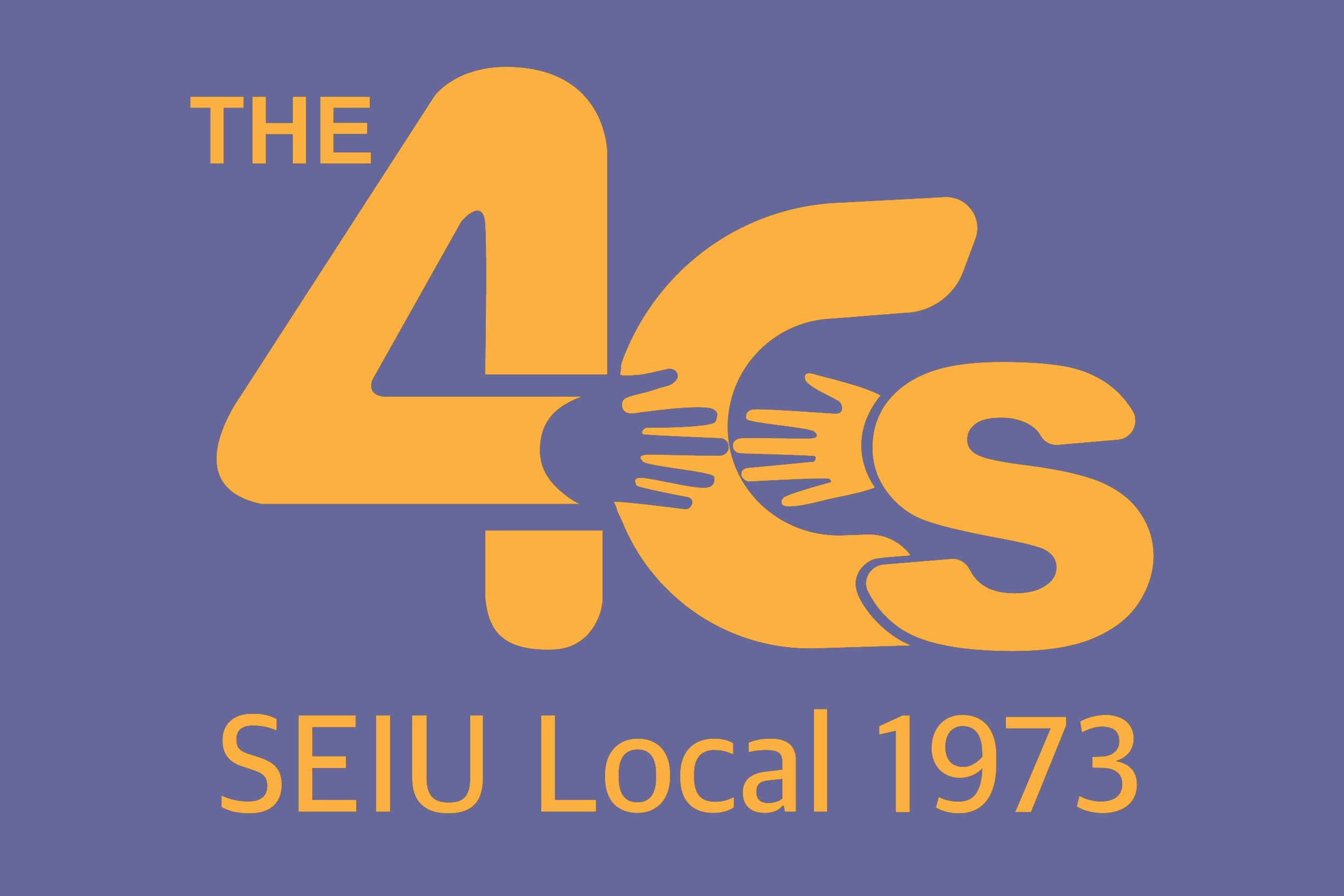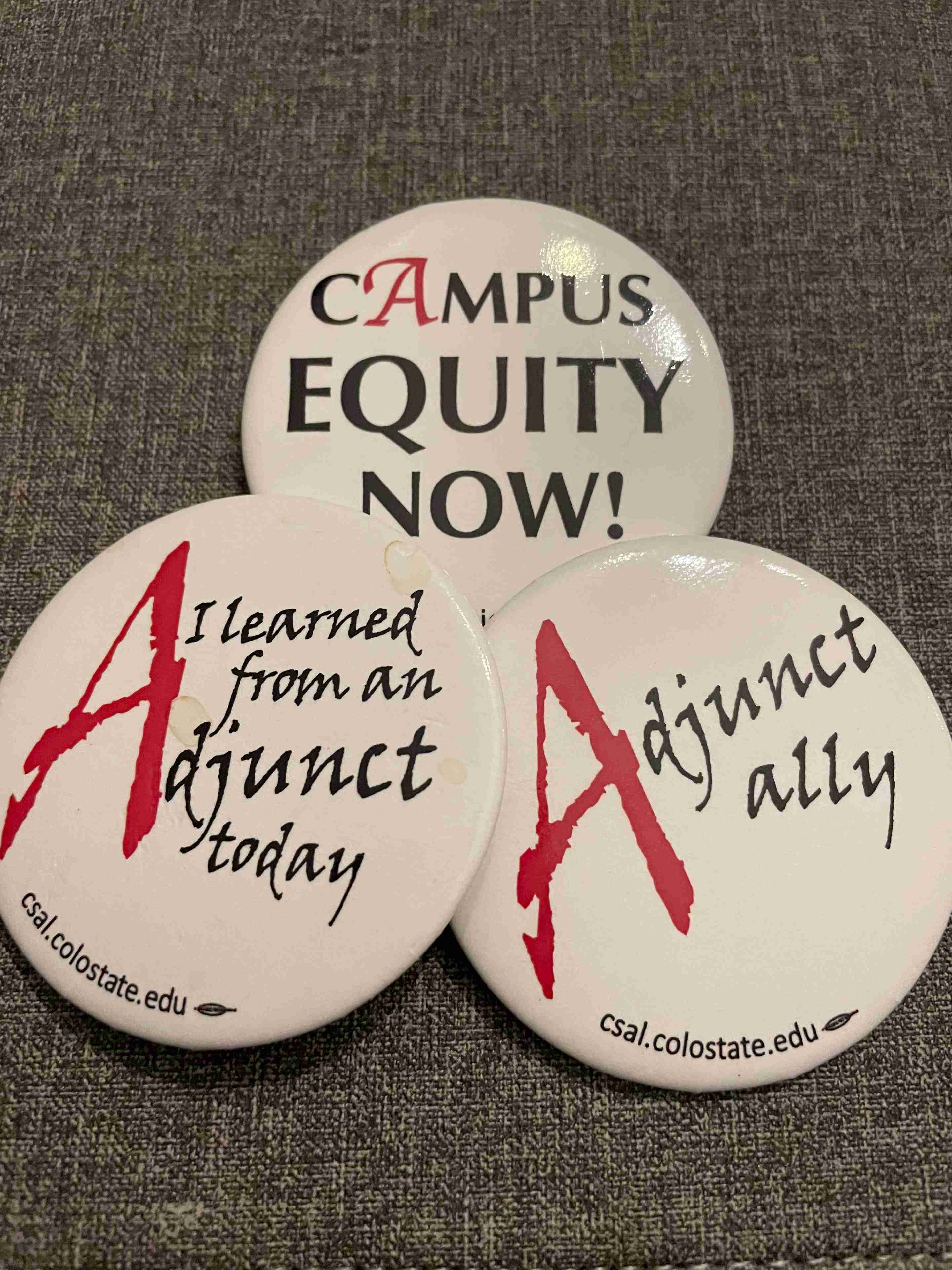When the 4Cs discusses our part-time members, we focus on the positives. For our community college members, the part-time faculty salaries are among the highest in Connecticut and the region. We have been unionized and aligned with our full-time counterparts for nearly forty years and the power that we have built together has led to real gains for full and part-time members.
But the ugly truth is that part-timers – both faculty and educational assistants – are higher education’s gig workers. The proliferation of part-time employment and contingent faculty in higher education over the past 40 years is a direct result of the systematic disinvestment in public higher education. Across this nation, and right here in CT, college and university budgets are balanced on the backs of our part-time employees. Adjunctification is a systemic problem - a systemic disinvestment - that we must understand and fight against.
Campus Equity Week is a biennial event that takes place the last week of October to raise awareness of the growing trend of higher education’s dependence on gig workers, the inequity surrounding it, and why we should all be concerned.
75% of the faculty at the community colleges currently are part-timers. They earn less than 6K per course, have no employer-provided health benefits, and no guarantee of a job again next semester.
For our students, it means that a professor that they loved may not be back again next semester. It means that a professor who has mentored them may no longer even have a campus email address when they go seek a letter of recommendation two semesters from now. And unfortunately, it means that a professor who they have no idea works part-time may be standing behind them at the campus food pantry because of food insecurity.
For our full-time members, more part-timers mean sharing a heavier burden of service. Part-time faculty are not obligated to participate in department meetings, curriculum decisions, college governance, and committees. Full-time members are left to advise students, provide office hours, and all the service that management is unwilling to pay part-time professional to do, though many part-time professionals do these activities unpaid.
Personally, I think that Campus Equity Week is celebrated around Halloween because it gives voice to the “ghosts” of our colleges that administrators seem to look right through. Part-timers are hired to be the leaders of their classroom and entrusted with our most valuable resource: our students. However, even at a “community” college, administrators make little attempt to make these workers feel part of the campus community.
Our union is fighting to make things more equitable in contract negotiations, but we need all members to understand the fight:
The ratio of 75% part-time to 25% full-time is unsustainable and a result of a systemic, broken system that has lead to an erosion of secure jobs. We have part-time faculty that are seeking full-time jobs. We want to work with Department Chairs to make sure that current part-time faculty are being considered for full-time openings. More so, we need to work together, both full-time and part-time members to pressure CSCU to open more full-time, tenure track faculty and staff positions, which will benefit our students, our communities, and our members. It is not the intent to eliminate all part-time positions but rather to reach a more equitable ratio to help the burden that full-timers feel and to help the part-timers that want full-time work. Therefore, in our negotiations, we are asking for
Wage increases that begin to achieve pay parity for part-timers.
Longer-term contracts when and where they can be offered by department chairs or directors.
- One-year contracts for Educational Assistants (when and where it makes sense as some EAs are continuously reappointed).
- Up to one academic year contracts for adjuncts (fall and spring), depending on the many factors that department chairs must take into consideration.
A Seniority Pool for Educational Assistants that will recognize service to the college.
All of these proposals are part of our common good fight. Together, we can achieve real gains for the most vulnerable in our bargaining unit, and by doing so, we are also solving problems that are negatively affecting our students, our communities, and all our members.

